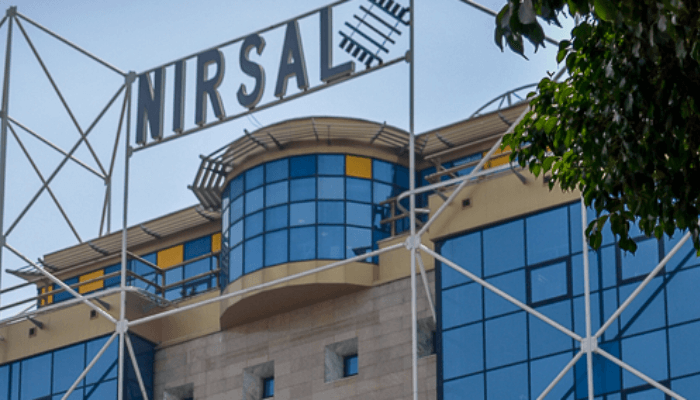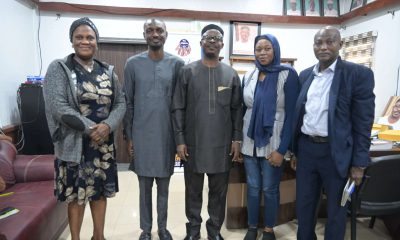Business
NIRSAL unlocks N70bn in agricultural financing in 2025, targets N150bn by year-end

The Nigeria Incentive-Based Risk Sharing System for Agricultural Lending (NIRSAL Plc) says it has facilitated over ₦70 billion in commercial financing for agriculture and agribusinesses as at the third quarter of 2025, its strongest annual performance since inception.
The figure represents nearly a quarter of NIRSAL’s cumulative ₦270 billion mobilised for the sector since its establishment in 2013, underscoring the impact of reforms introduced under its new board and executive management.
The achievement comes at a time when bank lending to agriculture had been in decline, falling from 6.18% of aggregate lending in 2022 to 4.82% in 2024, while sectoral growth slowed from 2.5% to 1.7% in the same period. NIRSAL said its strategy – anchored on value chain modelling, technical support to agribusinesses, and risk-sharing guarantees – has restored lender confidence, funnelling fresh funds into value chains such as grains, cocoa, shea, and livestock.
According to the institution, over 32% of the ₦70 billion raised so far this year directly supported value-added exports, helping to improve the agricultural trade balance. Agriculture’s share of total bank lending has also risen to 5.33% as of May 2025, with two newly licensed banks entering the sector using NIRSAL’s frameworks.
Commenting on the milestone, NIRSAL’s Managing Director/CEO, Sa’ad Hamidu, said the performance demonstrates that agriculture can be sustainably financed.
“₦70 billion may appear modest compared to Nigeria’s financing needs, but the significance is profound. It proves that agriculture can be commercially bankable. With the right mix of capital, technical support, and risk mitigation, the sector can become more productive, resilient, and globally competitive,” Hamidu said.
He expressed confidence that NIRSAL would surpass its ₦150 billion financing target for 2025, noting that demand is expected to surge during the harvest and input-stocking season later in the year.
Beyond financing, the agency said it has strengthened capacity across the ecosystem. More than 1,100 bank staff have received training on agricultural lending, while over 450 value chain actors have been trained on feedlot management, commodity export, and climate finance.
As part of its forward agenda, NIRSAL is developing the “LandBank portal”, a digital platform connecting stakeholders across research, production, and markets, designed to provide data-driven insights for investors and policymakers. The organisation is also expanding into climate finance, including a partnership with the Rural Electrification Agency to deploy off-grid power to rural processing clusters.
NIRSAL said these efforts would help build resilience into Nigeria’s food system and support the country’s drive toward a $1 trillion economy.





